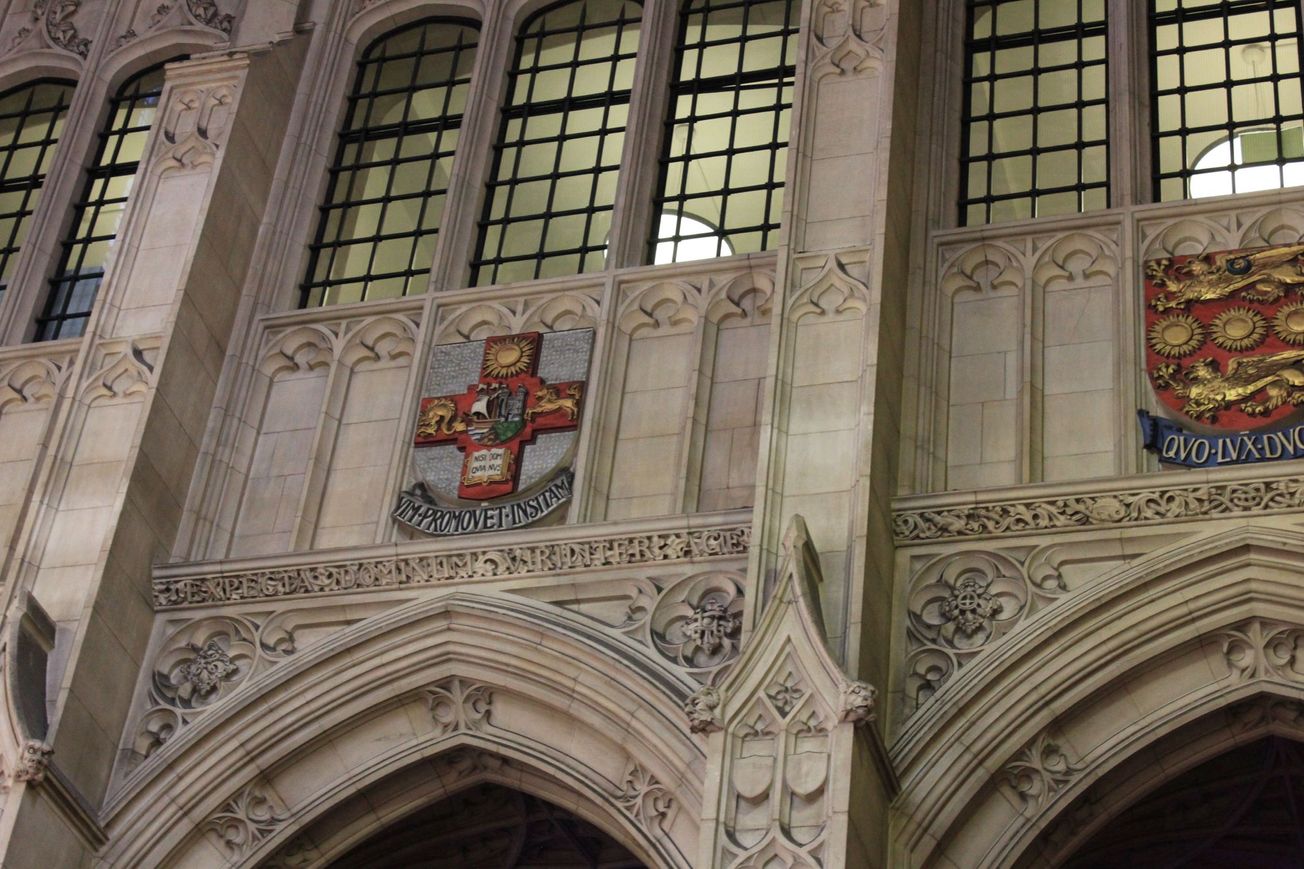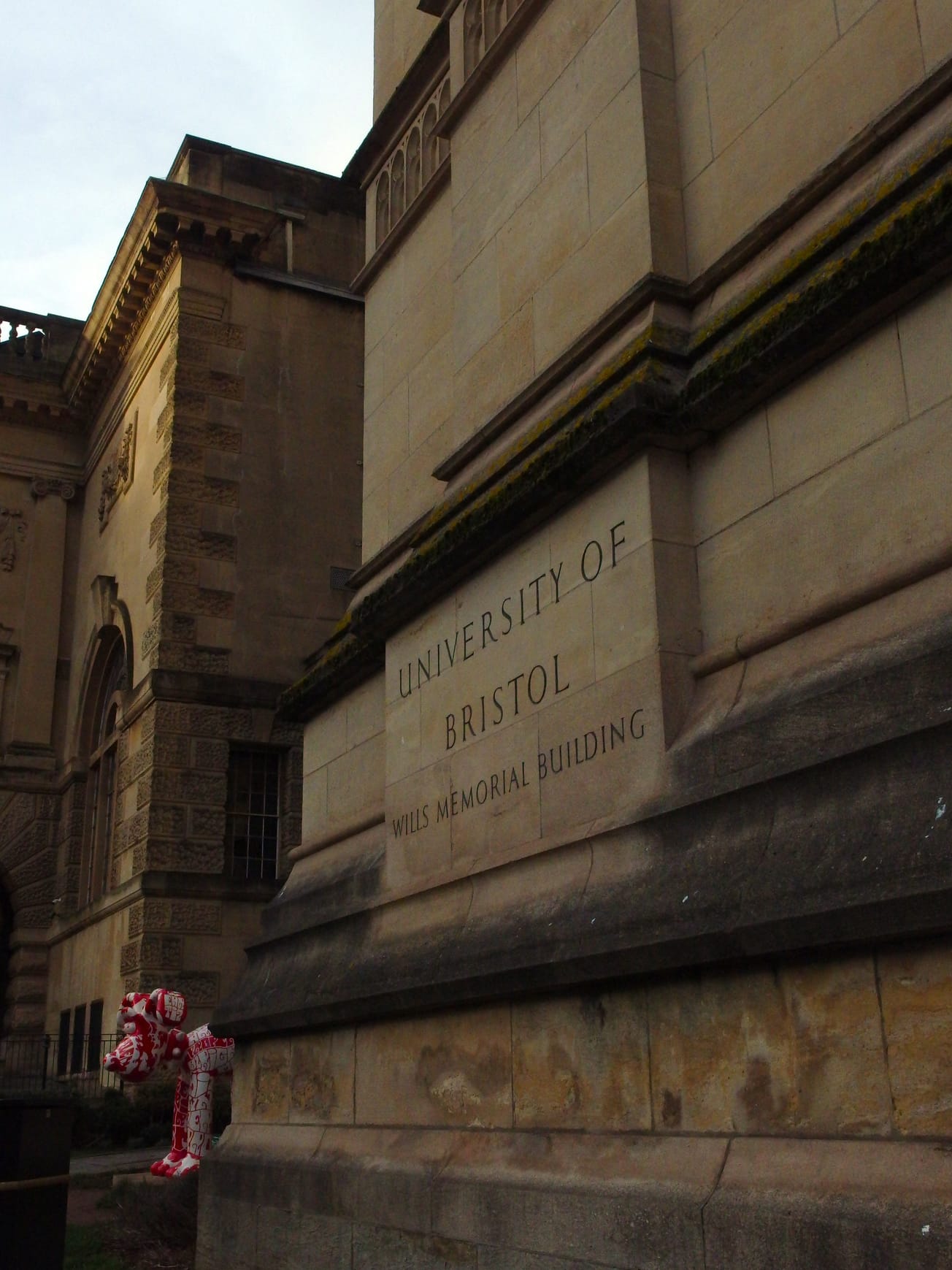By Molly Pipe, Deputy News Editor
The University may be running schemes to widen participation, but its state school intake is still falling far below the national average.
The University of Bristol is 19th lowest among Higher Education (HE) providers for state school intake, among institutions that have provided data. The Higher Education Statistics Agency's latest bulletin shows that only 71.3 per cent of Bristol students are from state school or college backgrounds, compared to an England-wide HE average of 90.2 per cent.
The University also falls below the England-wide average for the proportion of students on Disabled Students' Allowance: 5.5 per cent compared to 7.1 per cent nationally. The percentage of students from low-participation backgrounds is six per cent at Bristol compared to 11.8 per cent in England generally.
New Widening Participation #OpenData show 90.1% of young UK full-time first degree entrants came from state schools. HE providers' Performance Indicators ranged from 25% to 100%.https://t.co/mlpsob798K pic.twitter.com/MvzQrS1I35
— HESA UK (@ukhesa) February 11, 2021
The University of the West of England, Bristol's other large university, is close to being representative of the general population in state education intake. 94.4 per cent of students come from state schools or colleges, just over the 93 per cent that study at them.
The HE provider with the lowest state school intake is Regent's University London, with just one quarter of students coming from non-independent backgrounds. Meanwhile, six universities recorded 100% state school admissions.
However, these statistics, which measure intake from 2015/16 to 2019/20, are not complete. A few universities, such as Cranfield University, did not report any intake data.
Bristol has introduced various schemes to widen its participation. These include contextual offers, whereby applicants from lower-participation backgrounds are made admission offers up to two grades lower than standard requirements.
The University of Bristol is also running subject-specific workshops at state schools within an hour's drive of the city.
National survey reveals nearly £1 billion spent by students on unused accommodation in the UK
Large number of Bristol University students asked to take part in ‘surge testing’
Speaking to Epigram, Alice Bassett, President of UoB’s 93% Club, the student society dedicated to improving the experience of state school students at Bristol, stated: ‘This data demonstrates the importance of ensuring that higher education is accessible for all students, regardless of educational background or financial status.
‘Despite some excellent initiatives from Bristol, such as their contextual offer system and Access to Bristol scheme, the findings show that more must be done to improve state school intake. It is a reminder of the inequalities experienced by students both in the educational system and when approaching the job market - something that The 93% Club remains committed to improving.’
A University of Bristol spokesperson said: ‘We want our student body to represent the society which we are part of. Diversification of the student body is a core aim of the University and we have made significant progress in recent years, but still have work to do to achieve our aims.
‘We are dedicated to ensuring the University is attractive to all those who wish to study here, regardless of background and have an innovative approach to outreach and contextual admissions. This approach has led to progress on all measures including our state school intake moving from 64.7% in 2016 to 72.7% in 2020.
‘However, we readily accept that we have more to do and look forward to making this happen over the coming years.’
Featured: Epigram / Cameron Scheijde
Do you think the University needs to do more to increase its state school intake?









